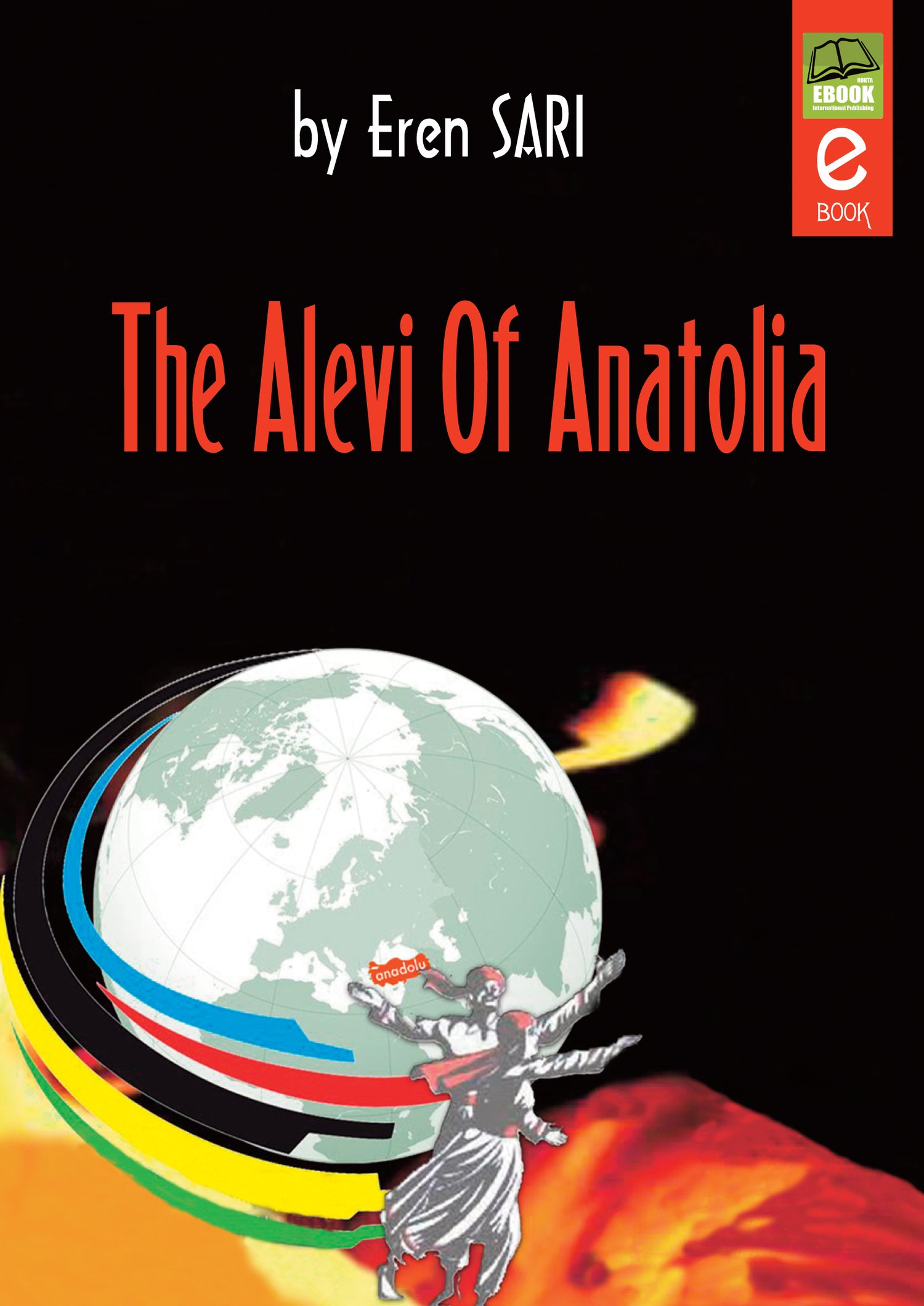
The Alevi Of Anatolia
The Alevi constitute the second largest religious community in Turkey (following the Sunnis), and number some 25% (15 million) of the total population (Alevis claim 30%-40%!).
Most Alevis are ethnic and linguistic Turks, mainly of Turkmen descent from Central and Eastern Anatolia. Some 20% of Alevis are Kurds (though most Kurds are Sunnis), and some 25% of Kurds in Turkey are Alevi (Kurmanji and Zaza speakers).
Alevis consider themselves to be part of the wider Shi`a movement, who revere Ali (Muhammad's cousin and son-in-law) and the Twelve Imams of his house.
Like all extreme Shia, their reverence for Ali verges on deification, for which reason classical Sunni ulama classified them as ghulat (exaggerators), outside the orthodox Islamic fold.
Alevis are also called Kizilbash (the name of the Turkmen followers of the Safavid Sufi order of the 15th and 16th centuries), and Bektashi (followers of the Anatolian Bektashi Shia Sufi order founded in the 13th century).
Further names used signify specific tribal and linguistic identities: Tahtaci; Abdal; Cepni; Zaza; or are names of great men revered by the Alevý: Caferi; Huseyni.Alevis are distinct from the Arabic speaking Alawis of Syria and Southwest Turkey (Nusayris). Both are extreme Shia (ghulat) communities with similarities in doctrine and practice, but separate historical developments.
Alevis traditionally inhabit rural Central and Eastern Anatolia, in particular the triangle Kayseri- Sivas-Divirgi. Kurdish Alevis are mainly found in Tunceli, Elazig and Mus provinces. On the Mediterranean coast there are some tribal Alevi settlements of Tahtaci and Cepni.
Alevi areas are peripheral and under- developed, resulting in the migration of Alevis to the large industrialised cities of western Turkey (and to Western Europe, mainly Germany) in relatively larger proportion than rural Sunnis. Alevis in Europe (especially in Germany), experiencing the freedom of a pluralistic society, stimulated new interest in Alevi ethnicity and culture (Alevilik).
Alevism originated out of a complex mix of mystical (Sufi) Islam, Shi`ism, and the rivalry between the Ottoman and Safavid Empires. Some Sufi orders like the Safavi and Bektashi accepted Shi`a reverence for Ali and the Twelve Imams, and their adherents and sympathisers became the Alevis. Alevi opposition to the Sunni Ottomans in the 16th century resulted in geographical and social marginalisation. In order to survive despite majority hostility and persecution the Alevi developed a tight social-religious network, and (like Druze, Shia, and Alawis), dissimulation and secrecy about their religion (taqiya).
They form an endogamic (marrying only within their group) religious community that has definite ethnic markers.
The Alevi liturgical language is Turkish, as opposed to Sunni and Twelver Shia use of Arabic. They thus see themselves as the "real Turks", maintainers of true Turkish culture, religion and folklore in face of the Arabizing Ottoman Sunnis.
The dominant Sunni Islam which serves as the generally accepted orthodoxy in the Turkish state branded Alevism as heretical thus encouraging distorted perceptions of Alevis as sectarian "others" - attaching to them a stigma from which they still suffer today. There is still a persistent social gap between Sunni and Alevi in Turkish society nourished by centuries of majority persecution, prejudice and misconceptions. In the eyes of many traditional Sunnis Alevis are unclean, practice immorality and orgies, and are not true Muslims.
Whilst Sunnism and Twelver Shi`ism possess a tradition of authoritative religious scholarship backed by carriers of formal learning, Alevism lacks both and is more a flowing together of various related movements, doctrines, ideas, rituals and traditions in a flexible synthesis, its strength lying in shared local traditions and esoteric interpretations of Islamic belief and practice.
Until the 1980s it looked like Alevism was losing its unique characteristics and was being absorbed into the total of modern Turkish society. Alevi tradition has however shown a capacity for survival, renewing its particularistic traditions in the face of modernisation.
The mid 1980s saw the start of a revival of the Alevi community through a reconstruction and transformation of its religious and social structures, a return to its communal identity patterns, and a reformulation of traditions.
This process is linked to a politicisation of group members and an assertive reaffirmation of the collective Alevi identity.
The seeming collapse of Kemalism in the 1990s has created new problems and opportunities for Alevis, most of whom had appreciated Ataturk's extreme secularism even though it suppressed Alevi culture, as it ended centuries of Alevi persecution and massacres by the Sunni majority.
An Alevi revival is now flourishing as young Alevis are for the first time in history willing to openly admit their Alevi roots. Not so long ago, they would have denied their being Alevis if asked.
Alevis had always practiced their rituals behind closed doors, but in recent years hundreds of Alevi religious societies have been founded, Alevi monasteries have opened in major cities, and Alevi rituals held in public venues in the large cities.
